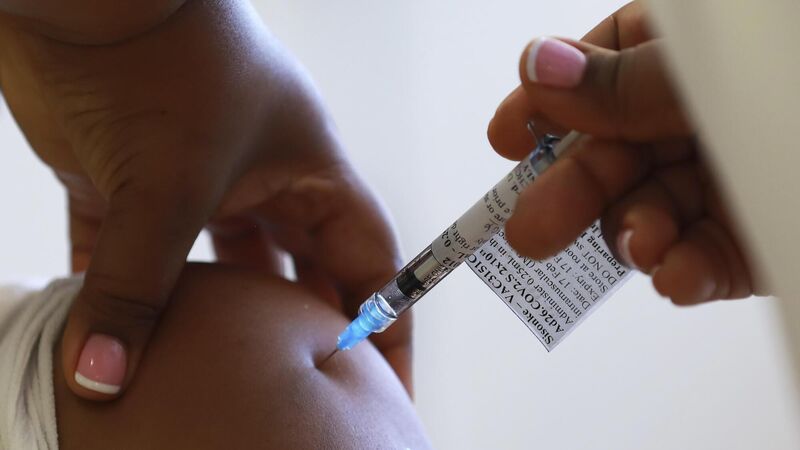Vaccine race has led to 'total collapse' of global co-operation, according to African agency

The United States supports a Trips (trade-related aspects of intellectual property rights) waiver agreement, but the European Union does not. Picture: Nardus Engelbrecht/AP
While Ireland celebrates what we hope will be the light at the end of the tunnel in the pandemic, the vaccine race internationally has seen the "total collapse" of global co-operation according to those fighting Covid-19 in Africa.
In announcing the easing of almost all restrictions in Ireland, Taoiseach Micheál Martin said vaccines were one of the main contributors. Many countries don't have that luxury as the jabs haven't been shared equally.










